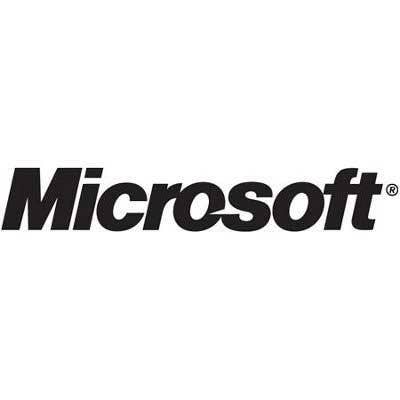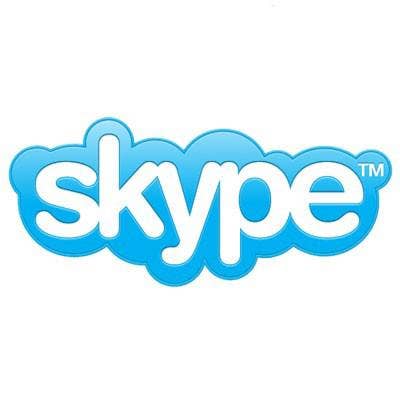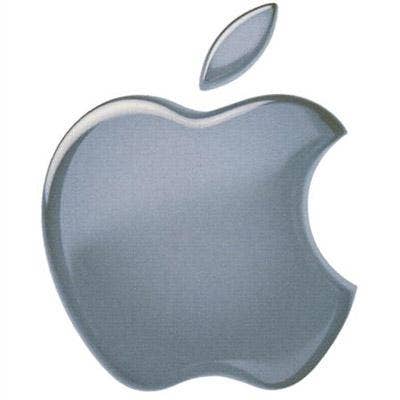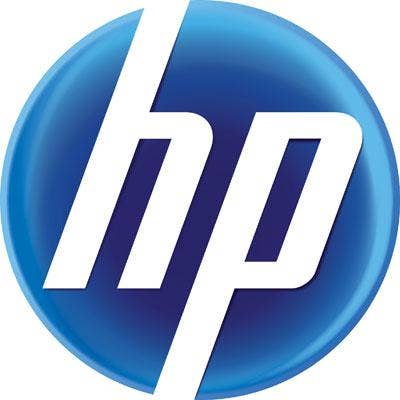Five Companies That Dropped The Ball This Week

Microsoft Backtracks On Ballmer 'Windows 8 In 2012' Comments
Microsoft is expected to launch the next version of Windows in 2012, but this week CEO Steve Ballmer not only seemed to confirm this, he also used the name "Windows 8" for the first time. For Microsoft, which retreated into product non-disclosure inscrutability after being grilled for delays with Windows Vista, Ballmer's acknowledgment set off alarm bells internally that eventually led to PR issuing a retraction of his comments.
OK, so maybe this was a legal issue related to forward looking statements, which are a no-no. But the reality is, Microsoft won't have a horse in the tablet race until Windows 8 comes out. Apple fans will probably be lining up outside Apple stores for the iPad 3 launch by that time. Meanwhile, Android tablet makers will have their wares on the market too. Microsoft needs some way to assure the market, "We're on our way with something big in tablets."
{C}

Skype Deals With Fallout From Global Service Outage
Skype leadership is probably still giddy from last week's blockbuster $8.5 billion acquisition by Microsoft, but this week the service was hit with an outage that persisted even after the company issued a workaround. On Thursday, many Skype users reported being unable to log into the service, and in many of these cases the Skype client crashed as well.
Some fingers are pointing in Microsoft's direction, but come on people, the acquisition hasn't even closed yet. Still, outages are never good, especially when a purported company issued workaround doesn't, you know, work.

Apple Finally Acknowledges MacDefender Malware Threat
Apple has been dining out on Macs' reputation for being immune to the level of malware that Windows deals with on a daily basis, even including hints of this in its marketing. However, that buffet is now official closed, as Apple issued a security advisory this week acknowledging the threat posed by MacDefender, which redirects users phishing scam that targets users by redirecting them to fake antivirus Web sites that download malicious code onto their machines.
Apple offered detailed steps for removing MacDefender as well as several security best practices, and said it plans to develop and release a fix. However, it took more than two weeks for Apple to step up to the plate with the advisory. And Apple might have remained silent on the matter had it not been for the dogged reporting of ZDNet blogger Ed Bott.

More HP Executives Head For The Exits
Marius Haas, senior vice president and general manager of HP Networking, has left to "pursue other interests," HP confirmed this week. Gary Budzinski, senior vice president of technology services in HP's Enterprise Business, has also left, while Tom Iannotti, a VP in HP's enterprise services group, is retiring.
HP has seen a number of high-profile executive hires and exits in recent months as CEO Leo Apotheker remakes his executive leadership. While it's not quite to blame this churn on problems at HP, it's not a sign of internal stability either, especially in light of the leaked executive memo earlier this month that foretold HP's consumer PC and services problems.

Dimension Data Finds Security Flaws In Cisco Networking Gear
A significant number of Cisco networking devices contain security flaws, according to Dimension Data's 2011 Network Barometer Report, released this week. This wasn't just about Cisco -- the report found that 73 percent of networking devices have security vulnerabilities -- but it's not the kind of finding that a company that's struggling wants to hear at the moment.